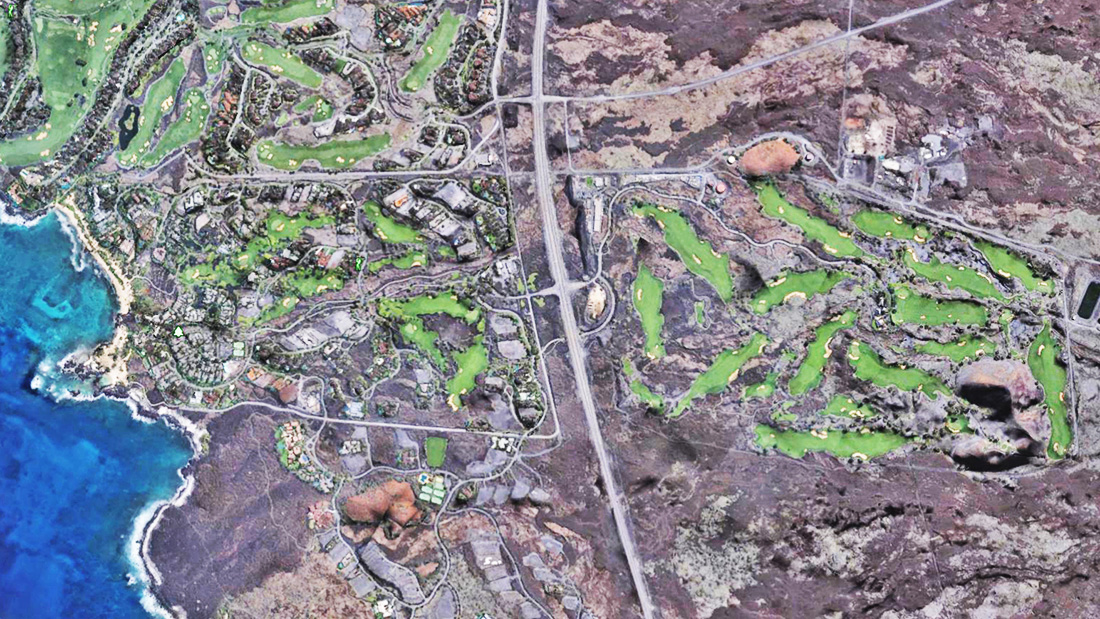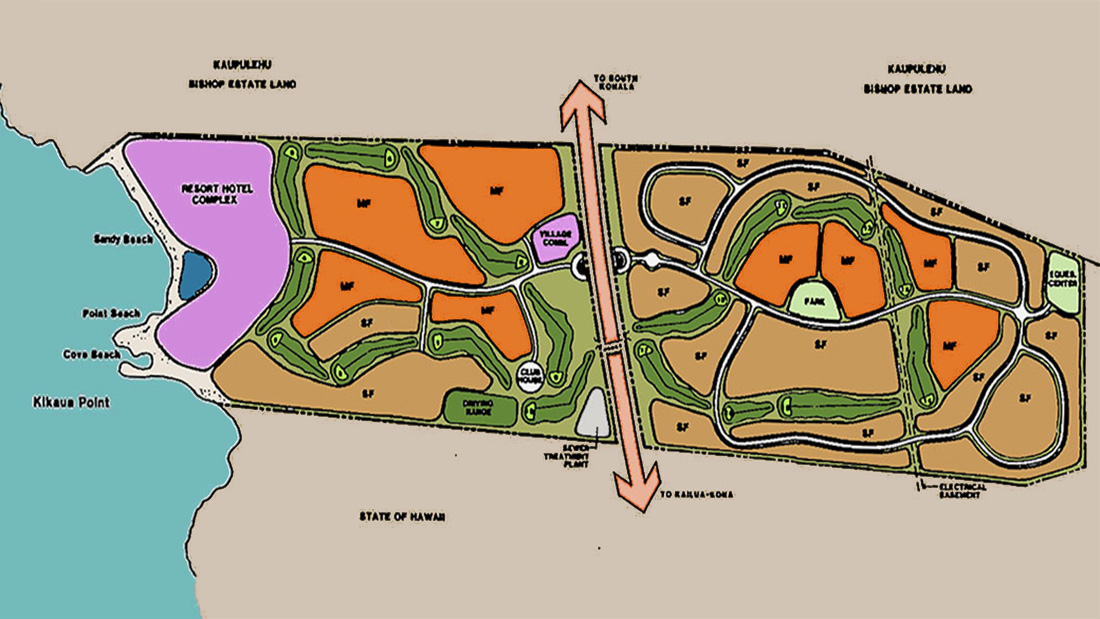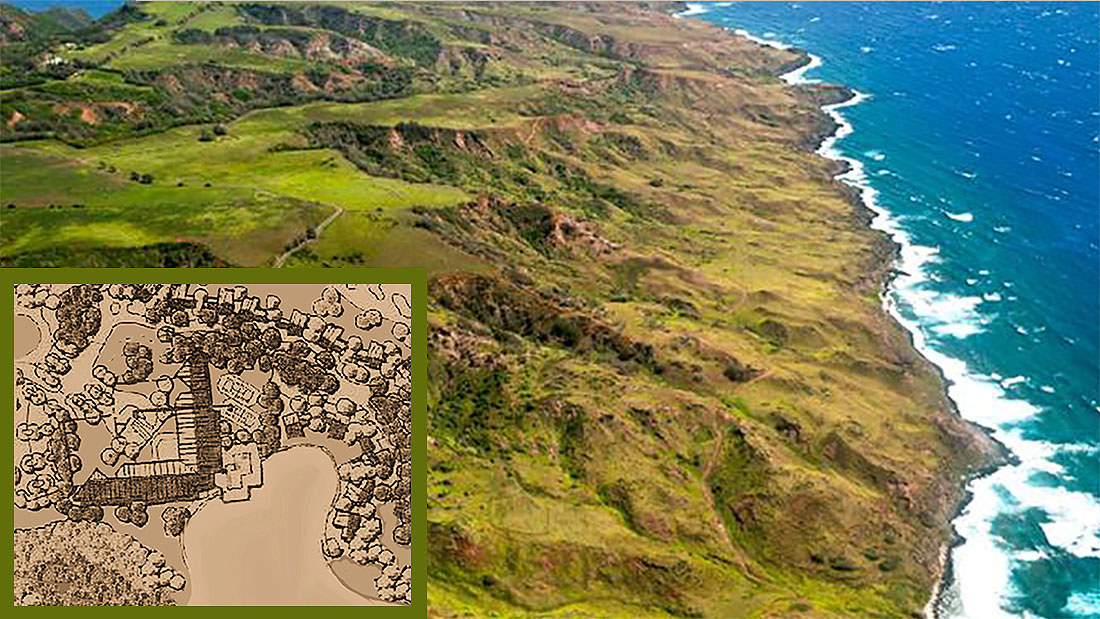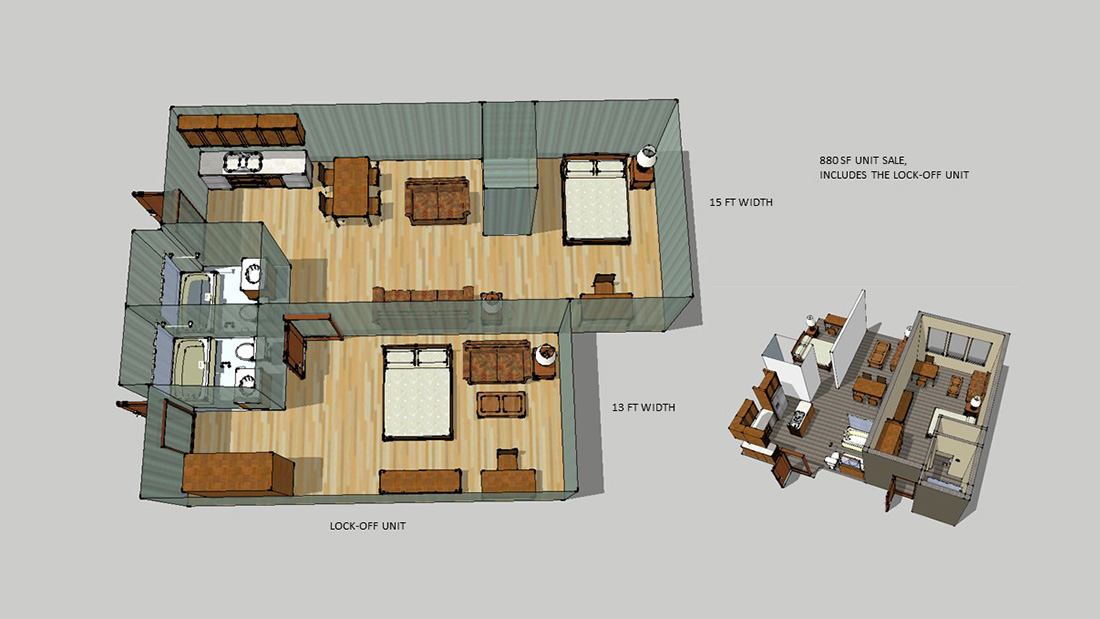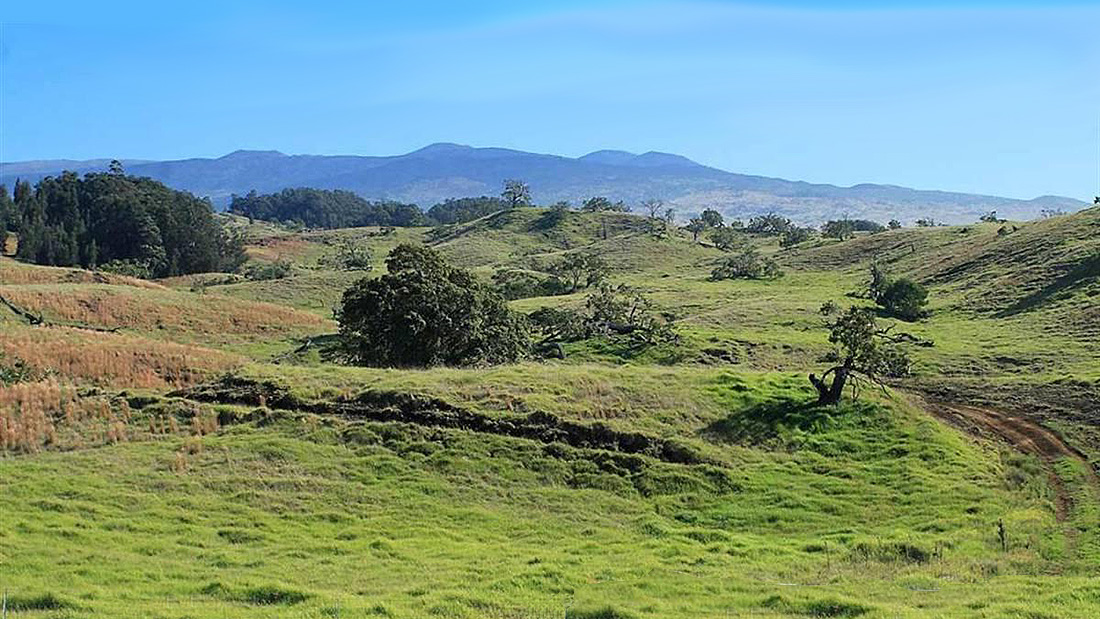Land development consultants for resort planned for the Big Island of Hawaii. Our consulting work for North Kohala Ranch included a market evaluation, the project feasibility analysis, built product concepts, conceptual master planning, and initial entitlements strategy.
The big idea for the project was a master-planned resort with substantial wellness facilities, golf, and extensive outdoor recreation activities. Recommendations included a 240-room main resort along with residential development overlooking Māhukona Harbor. The harbor is actually an abandoned commercial harbor used by the Kohala Sugar Company.
For this work we acted as land development consultants for for this resort was on behalf of Chalon International of Hawaii. In December 1988, Chalon International of Hawaii (Chalon Hawaii) had been established as a subsidiary of Chalon Corporation, a Japanese company.
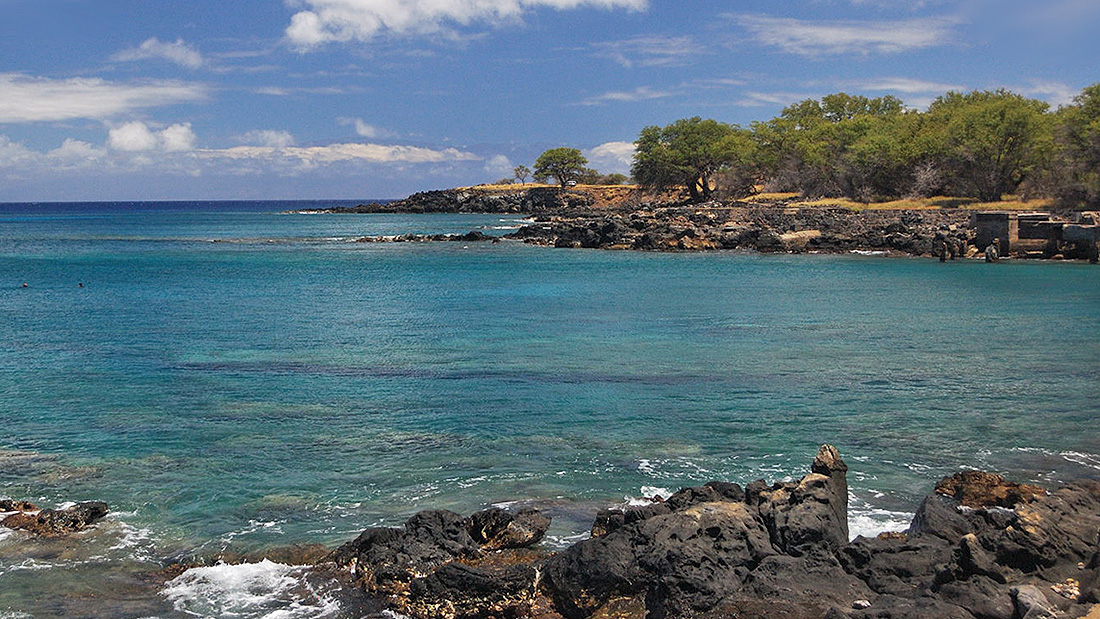
This former commercial harbor for Kohala Sugar Company was part of an extensive sugar cane farming and production operation.
The North Kohala district is the portion of the Big Island (a/k/a Hawaii County) at its extreme north tip, the region where Kamehameha the Great was born. This part of the Big Island is known for its scenic valleys, its ranching culture and the Paniolos (Hawaiian cowboys), and extensive role in Hawaiian history. During the initial environmental review of the landholding, more than 11,000 archaeological and historic sites were identified. Our work as land development consultants for resort concepting and development included consideration of such sensitive cultural and historical sites of the indigenous Hawaiians.
The scenic valleys created by Kohala volcano were extensively cultivated in ancient times, where the valleys were terraced for farming with ditch irrigation systems that brought water from mountain streams to crops such as taro, sweet potatoes, and bananas.
Chalon Hawaii (later renamed Surety Kohala) was formed to acquire, own and develop the vacant land of Kohala Land, which at the time consisted of about 19,384 acres. The majority of Kohala Land’s property was zoned at the time, for agriculture. Kohala Land property had been used for sugar cane production for a century or more until 1975 when the primary facility (Kohala Sugar Company) was closed. After the cessation of sugar cane operations there were no major activities on the land, which was left vacant.
